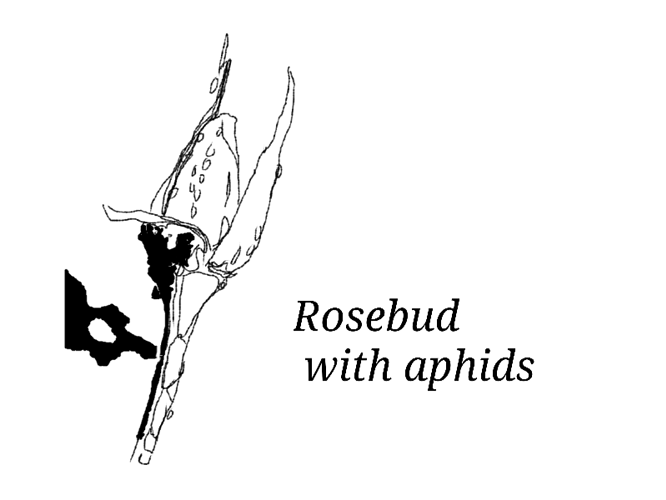Recently, several Watercooler threads on “trolls” and “trolling” have become active:
However, it might be useful to decontruct the identity label “troll” and consider this with a more nuanced, empathetic vocabuluary: that of the toxic influencer, and toxic influence. The following articles offer such vocabulary and perspectives:
The above essays offer links to other essays or discussions. They discuss suffering of both toxic influencers and other members of the community; the dynamics of the relationships online or in the workplace; offer practical tips for moderators and community members and others, in changing the conditions and the behaviors for more positive effect and community health.
A few exerpts:
“toxic influencer” (sometimes referred as “intellectual bully”). A toxic influencer is a person that covers a useful role in a community, but at the same time creates a toxic environment…
…when dealing with abusers and bullies, I think there’s value in recognizing that it’s a consequence of some form of their own suffering . I’m asking to empathize with them, as it’s useful…
The Impact of Toxic Influencers on Communities · Intense Minimalism
… I wanted to help him so his behavior and reputation on the forum matched the amazing quality of his content.
But, the community doesn’t revolve around him. If he truly wants to help others then he has to do it because he cares about the our community and helping members.
Anatol Rapoport formulated a list of rules, or “best antidote [for the] tendency to caricature one’s opponent… and compose a successful critical commentary”:
- You should attempt to re-express your target’s position so clearly, vividly, and fairly that your target says, “Thanks, I wish I’d thought of putting it that way.
- You should list any points of agreement (especially if they are not matters of general or widespread agreement).
- You should mention anything you have learned from your target.
- Only then are you permitted to say so much as a word of rebuttal or criticism.
How to deal with intellectual bullies in online communities. | by Alexandra | Medium
It seems to me comparision to some aspects of the N8FP and the 4NT could be made. I also wonder what the EBTs, in suttas or Vinaya, might offer on these perspectives. Certainly, how we speak to or of each other, how to teach, how to take correction or criticism, have been topics of advice and training rules in the Teaching and Discipline…
Thoughts?
(Mods, if this thread should be just attached to one of the preexisting threads, if links should be altered, please, just do so.)
*This post is not directed to any paricular person or discussion on SC D&D, aside from being inspired by two threads linked above. But perhaps no Buddhist speaking or reading online is immune to these issues; here’s hoping we contribute to each others’ wellbeing. *strong text

 Whether any other person lets them be or not.
Whether any other person lets them be or not.
